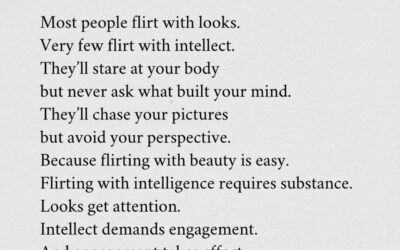Some families are built on silence.
Not because they don’t love—but because they’ve been taught that love means protecting the image, not addressing the harm. Generations are raised this way: where loyalty is measured by how well you avoid the truth. Where speaking up makes you the problem, not the pattern itself.
This isn’t just an “Asian thing,” though many of us from that background know it well. It shows up across cultures. The pressure to perform, to smile through dysfunction, to shrink your truth so the family unit doesn’t fracture. But in protecting the illusion of harmony, we end up sacrificing the most essential thing: our own authenticity.
And here’s the quiet tragedy—when we sweep pain under the rug, it doesn’t disappear. It festers. It shapes who we become. It dulls the light in people who could have done more, been more, lived fuller. All because they were too afraid to be seen as disloyal for being honest.
But for those who decide to stop protecting the dysfunction, who choose to grow even when it means losing favor—it’s not easy, but it’s worth it. One day at a time, they reclaim their voice, and in doing so, they give others permission to do the same.
Truth doesn’t have to scream. Sometimes, it just has to stand.




0 Comments